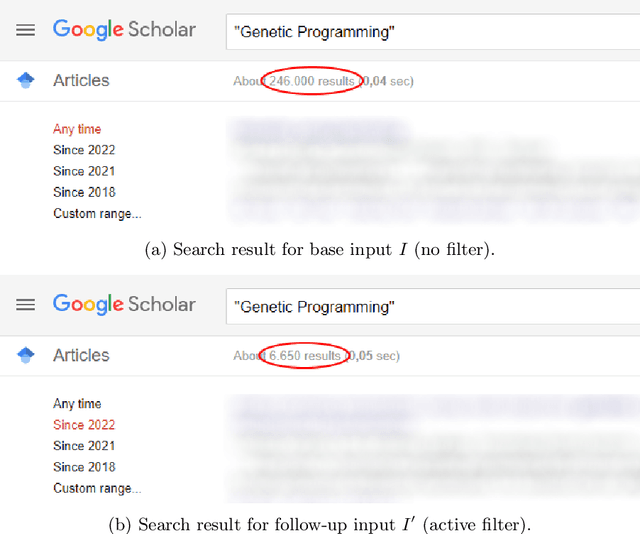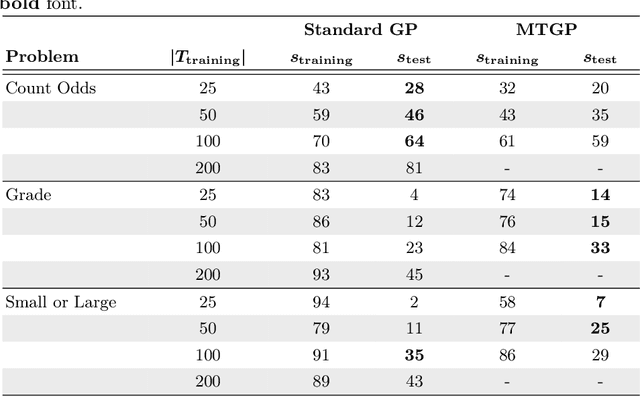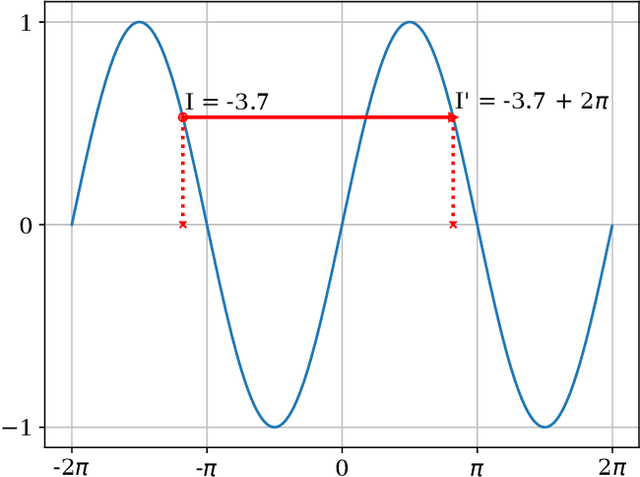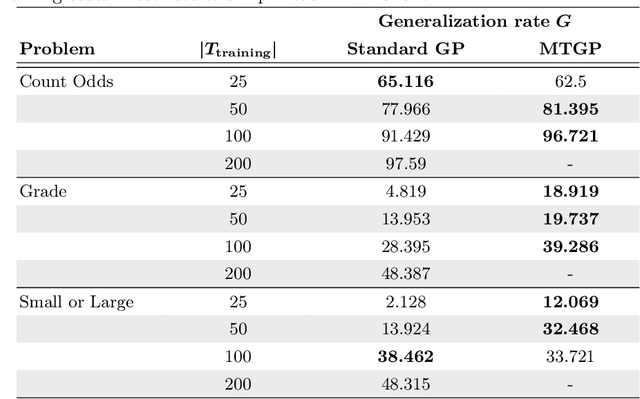Philipp Röchner
Robust Statistical Scaling of Outlier Scores: Improving the Quality of Outlier Probabilities for Outliers (Extended Version)
Aug 30, 2024Abstract:Outlier detection algorithms typically assign an outlier score to each observation in a dataset, indicating the degree to which an observation is an outlier. However, these scores are often not comparable across algorithms and can be difficult for humans to interpret. Statistical scaling addresses this problem by transforming outlier scores into outlier probabilities without using ground-truth labels, thereby improving interpretability and comparability across algorithms. However, the quality of this transformation can be different for outliers and inliers. Missing outliers in scenarios where they are of particular interest - such as healthcare, finance, or engineering - can be costly or dangerous. Thus, ensuring good probabilities for outliers is essential. This paper argues that statistical scaling, as commonly used in the literature, does not produce equally good probabilities for outliers as for inliers. Therefore, we propose robust statistical scaling, which uses robust estimators to improve the probabilities for outliers. We evaluate several variants of our method against other outlier score transformations for real-world datasets and outlier detection algorithms, where it can improve the probabilities for outliers.
MTGP: Combining Metamorphic Testing and Genetic Programming
Jan 20, 2023



Abstract:Genetic programming is an evolutionary approach known for its performance in program synthesis. However, it is not yet mature enough for a practical use in real-world software development, since usually many training cases are required to generate programs that generalize to unseen test cases. As in practice, the training cases have to be expensively hand-labeled by the user, we need an approach to check the program behavior with a lower number of training cases. Metamorphic testing needs no labeled input/output examples. Instead, the program is executed multiple times, first on a given (randomly generated) input, followed by related inputs to check whether certain user-defined relations between the observed outputs hold. In this work, we suggest MTGP, which combines metamorphic testing and genetic programming and study its performance and the generalizability of the generated programs. Further, we analyze how the generalizability depends on the number of given labeled training cases. We find that using metamorphic testing combined with labeled training cases leads to a higher generalization rate than the use of labeled training cases alone in almost all studied configurations. Consequently, we recommend researchers to use metamorphic testing in their systems if the labeling of the training data is expensive.
 Add to Chrome
Add to Chrome Add to Firefox
Add to Firefox Add to Edge
Add to Edge